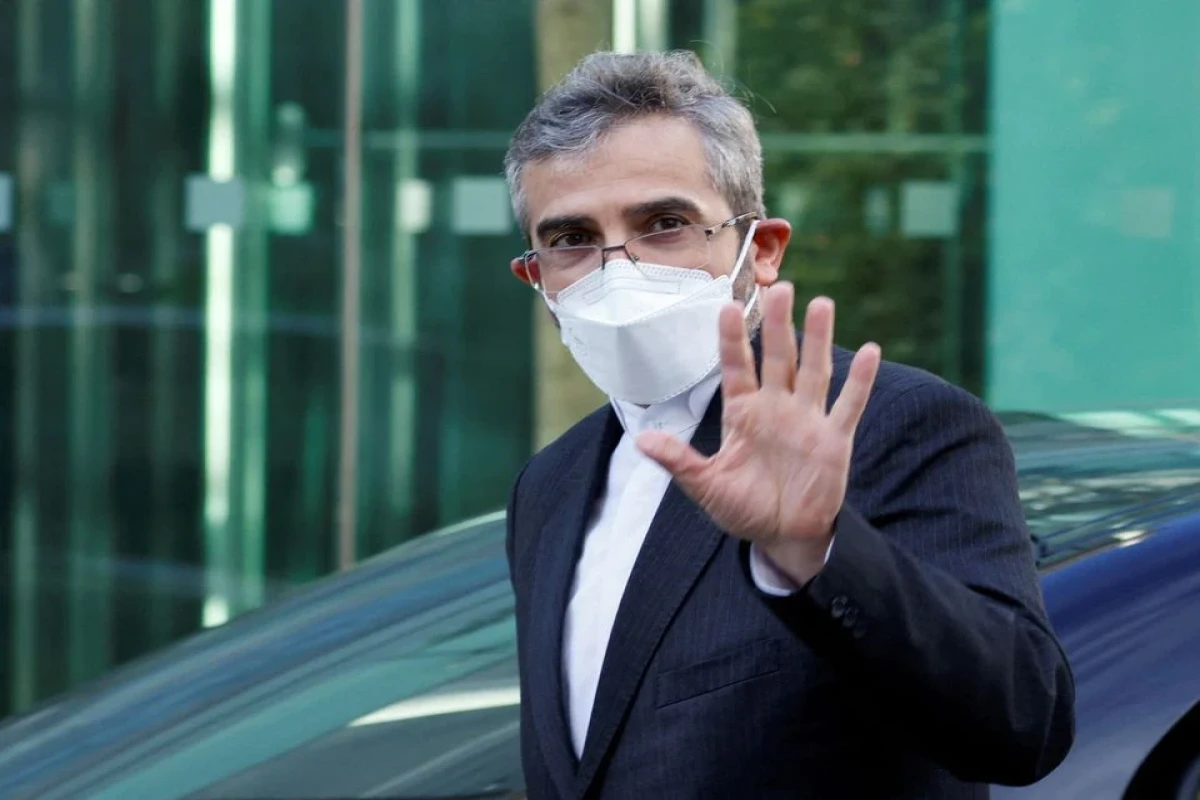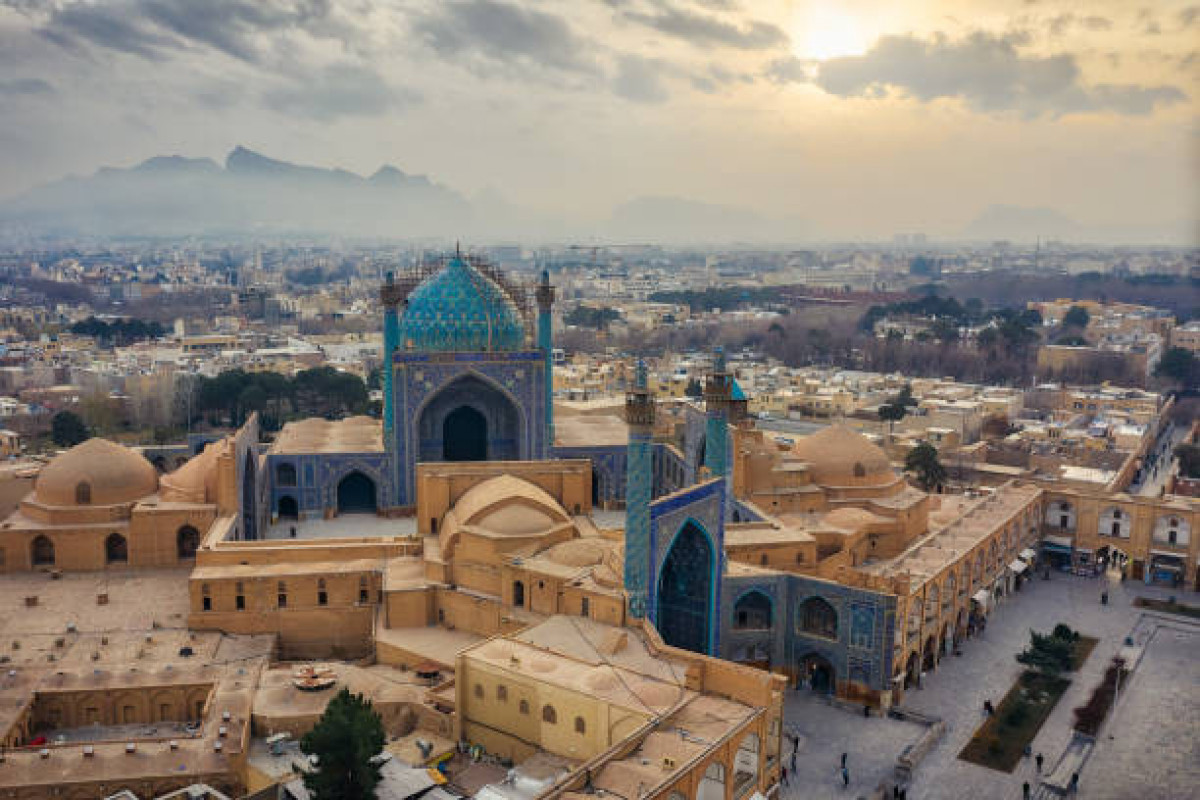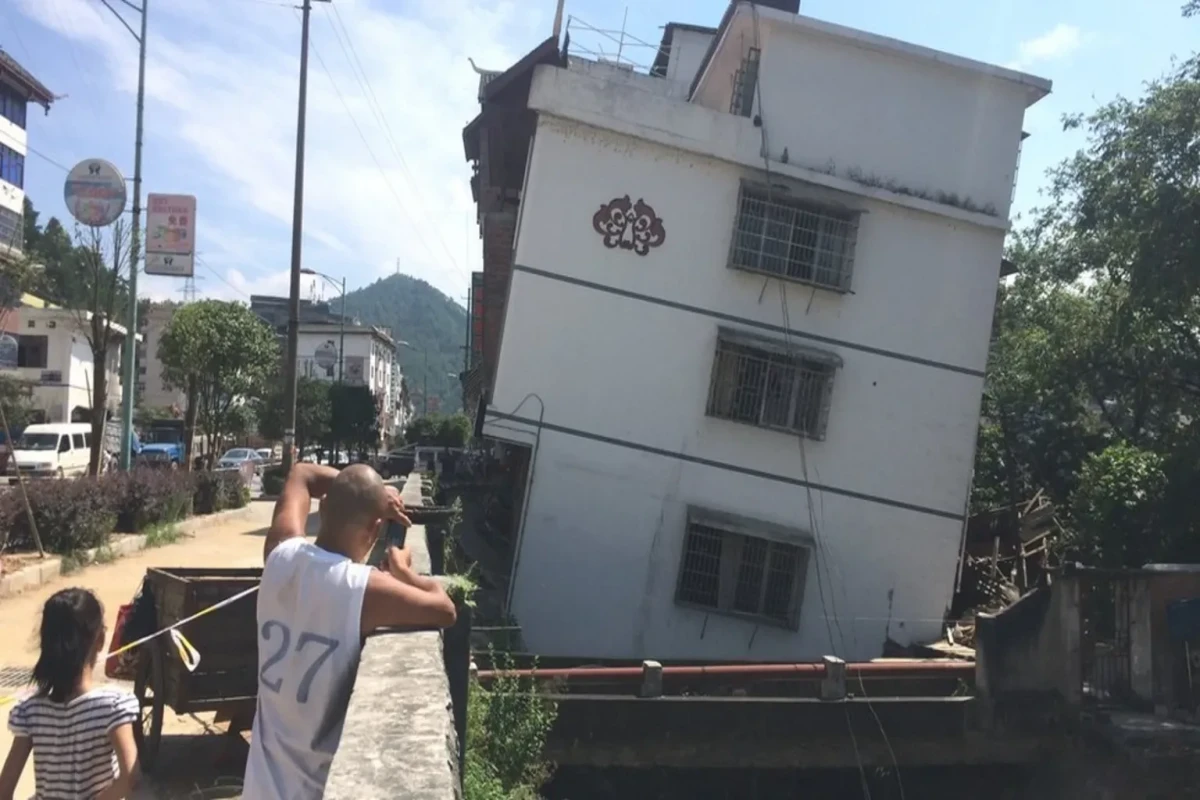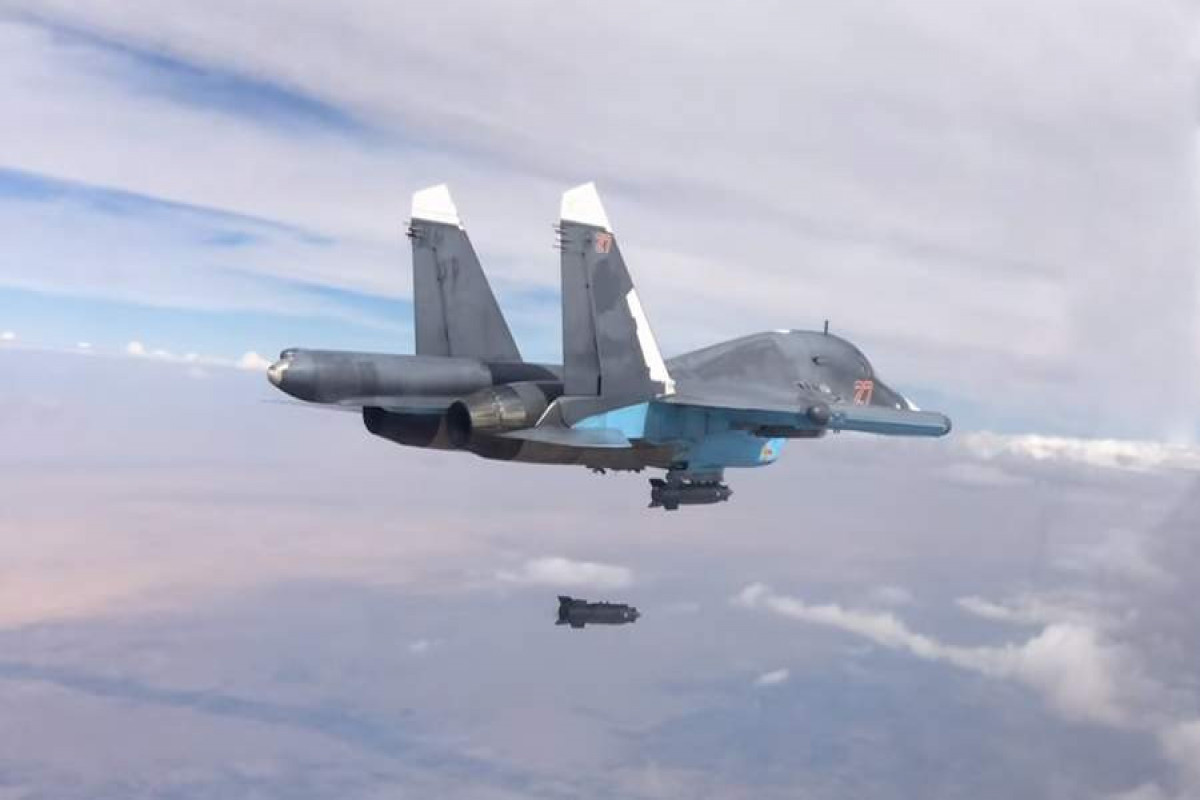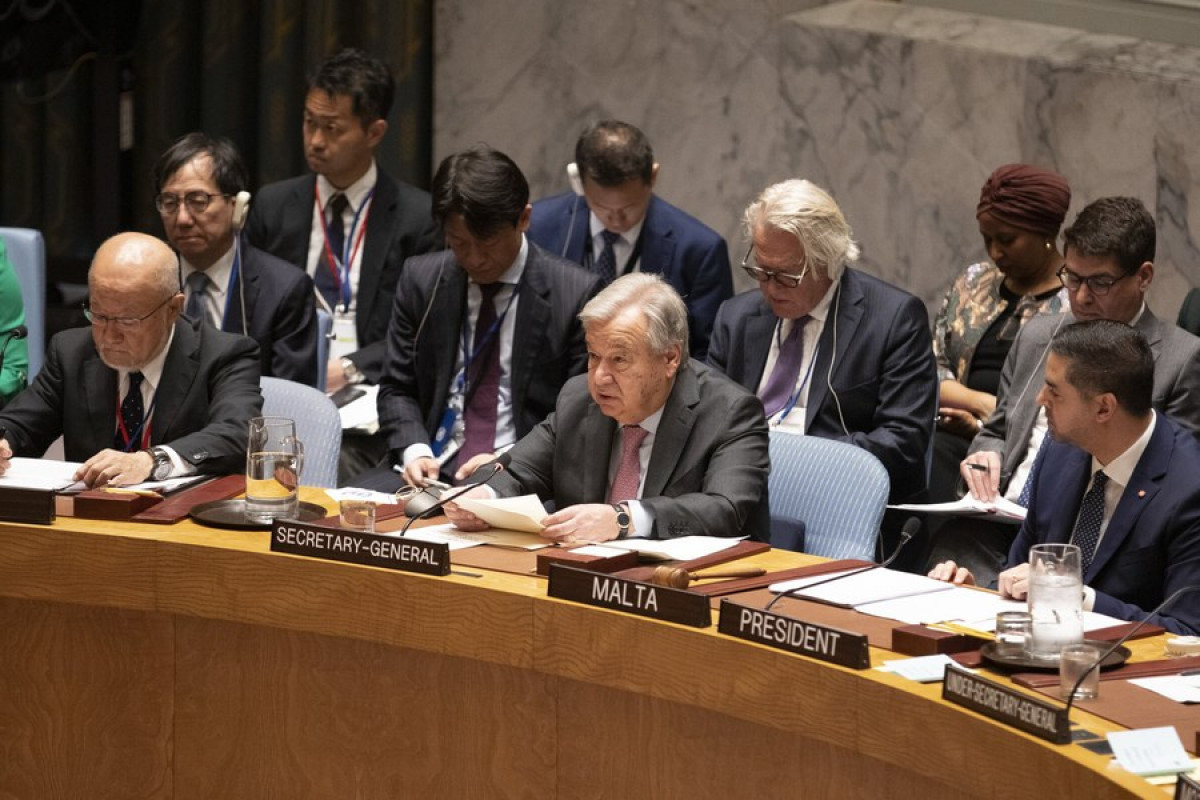Top Iranian and U.S. officials will resume talks in Vienna this week on reviving the 2015 nuclear pact, officials from both countries said on Wednesday, though they played down chances of a breakthrough and placed the onus on each other to compromise, APA reports citing Reuters.
The ball is in Washington's court to save the pact, Iran's chief negotiator Ali Bagheri Kani tweeted before heading to Vienna, calling on Washington to "show maturity & act responsibly".
"The onus is on those who breached the deal & have failed to distance from ominous legacy," tweeted Bagheri Kani, referring to the U.S. decision to abandon the pact under which Iran curbed its nuclear program in return for economic sanctions relief.
Speaking at the United Nations, Iran's U.N. Ambassador Majid Takht Ravanchi said Tehran had negotiated in good faith to revive the deal and blamed Washington for failing to guarantee Iran would receive pact's economic benefits.
"Achieving this objective has been delayed because the United States is yet to decide to give assurance that Iran will enjoy the promised economic benefits in the agreement," he said.
"When the U.S. makes the right decision Iran, in turn, will cease its remedial actions and resume the full implementation of its nuclear related measures," he added.
An Iranian official, speaking on condition of anonymity, said talks would resume on Thursday.
U.S. Special Envoy for Iran Rob Malley said he was heading to Vienna but suggested he did not expect major progress.
"Our expectations are in check, but the United States welcomes EU efforts and is prepared for a good faith attempt to reach a deal. It will shortly be clear if Iran is prepared for the same," he wrote on Twitter.
Malley said the talks would proceed on the basis of a text recently proposed by European Union foreign policy chief Josep Borrell to revive the 2015 accord.
Eurasia Group analyst Henry Rome said he thought it unlikely the deal - called the Joint Comprehensive Plan of Action (JCPOA) - would be resurrected this year, putting the odds at 35 percent and saying neither side wanted the blame for its death.
"Both the US and Iran have a strong interest in keeping the prospect of a deal alive even though both governments appear resigned to its eventual demise," Rome wrote in an analysis.
"For the US, the continued focus on the JCPOA postpones a messy and costly pivot to increasing diplomatic and economic pressure on Tehran," he added. "For Iran, continued diplomacy, even if unproductive, supports domestic markets, forestalls greater international pressure, and gives it cover for its continued nuclear advancements."
In 2018, then-President Donald Trump reneged on the deal, calling it too soft on Iran, and reimposed harsh U.S. sanctions, spurring Tehran to begin breaching its nuclear limits.
In the latest sign Iran's nuclear program is advancing, an International Atomic Energy Agency report seen by Reuters said Tehran had completed installing three advanced IR-6 centrifuge cascades at its Natanz fuel enrichment plant.
The 2015 deal seemed near revival in March after 11 months of indirect talks between Tehran and U.S. President Joe Biden's administration in Vienna.
But talks broke down over obstacles including Tehran's demand that Washington provide guarantees that no U.S. president would abandon the deal as Trump did.
Biden cannot promise this because the nuclear deal is a non-binding political understanding, not a legally binding treaty.
Another sticking point was Tehran's demand that Washington remove Iran's Islamic Revolutionary Guard Corps from the U.S. Foreign Terrorist Organization list, which Biden has ruled out.
In June, the EU-mediated, indirect talks between Bagheri Kani and Malley ended in Qatar without progress and a senior U.S. official told Reuters afterwards the odds of a revival had diminished.
An Iranian official told Reuters the talks in Vienna will be "in the format of the Doha meeting", where EU envoy Enrique Mora shuttled between Bagheri Kani and Malley because Tehran refused to hold direct talks with Washington.


